2023 Bertha
Challenge Investigative Journalist Fellows

Julia Dauksza
Location: Poland
Host Organization: Fundacja Reporterów
Julia Dauksza is a journalist, researcher and open-source intelligence analyst at Reporters Foundation, the first non-profit journalistic center in Poland. She reports for investigative news outlet Frontstory and the cross-border project VSquare. Using interdisciplinary methods, she investigates disinformation, human rights violations and environmental crimes. Her stories were featured in Newsweek and other major publications in Poland, earning her a Grand Press Prize nomination in 2021. Before pursuing a career in journalism, Julia worked as a consultant for non-profit organizations dedicated to environmental protection and animal welfare.
Julia's Bertha Challenge project investigated how corporate governance is transforming agriculture and food production in Central and Eastern Europe with a specific focus on pork farming. Her research examines the impact of industrialized agriculture's biggest players, their role in the distribution of resources such as state-owned land and subsidies, their relation to dependent producers and farmers and their influence on decision-makers.
Article: 'A pig in the arms of a giant' [June 2023]
Article: 'May you fatten other people's pigs' [December 2023]
Film: 'Piggybacking Farmers'
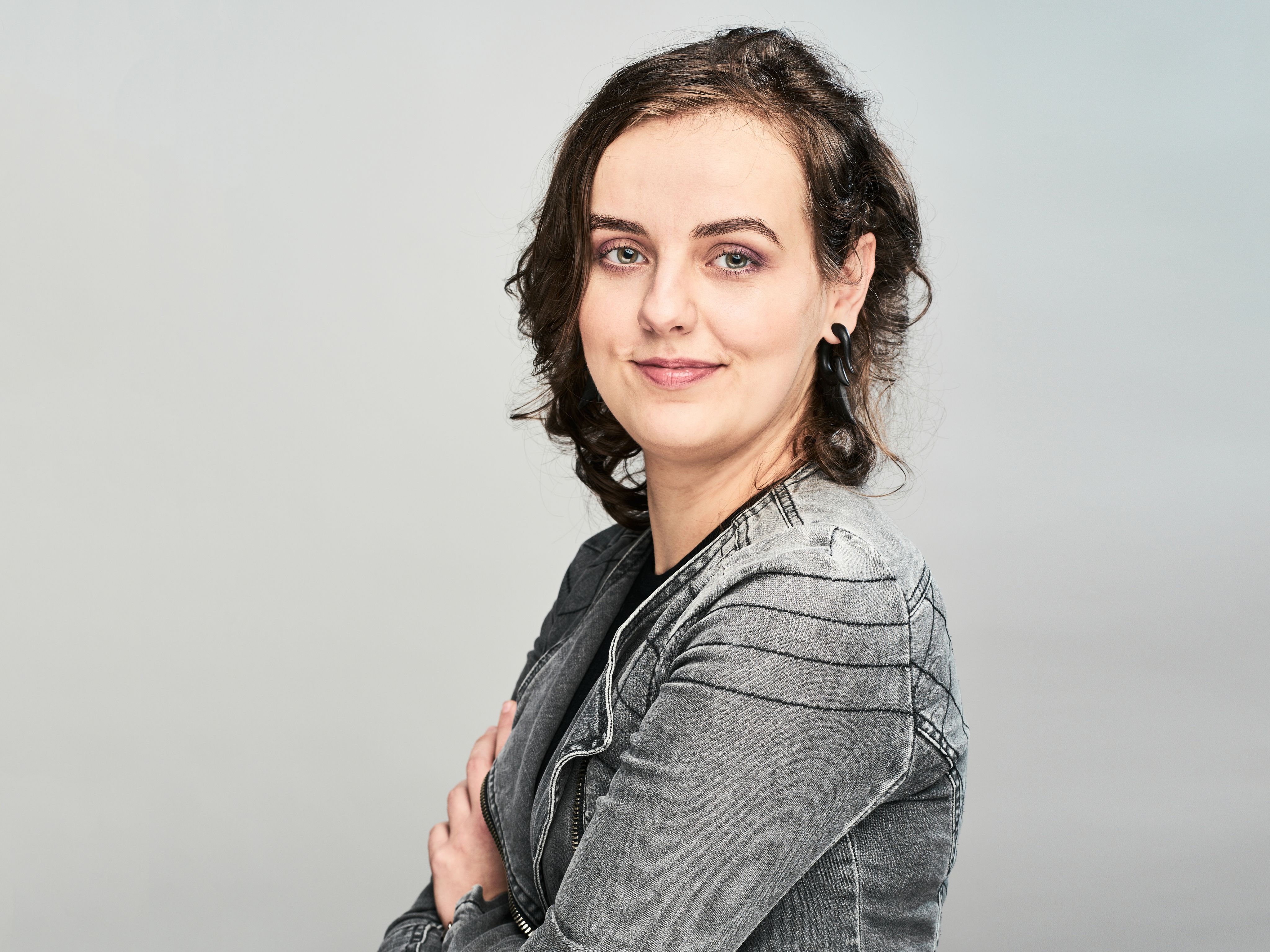
Brezh Malaba
Location: Zimbabwe
Host Organization: Centre for Public Interest Journalism (The NewsHawks)
Brezh Malaba – who describes himself as “a journalist, writer and polymath on all things sensible” – has edited Zimbabwe’s biggest newspapers. Two years ago, he co-founded NewsHawks, the country’s leading digital investigative reporting and breaking news platform. Drawing on his rich experiences in public and private media as well as cross-border collaborations, Brezh is a firm believer in the role of the media as a potent instrument for social impact.
In his investigation, Brezh will untangle an enduring conundrum: Despite pumping billions of U.S. dollars into agricultural development, why has Zimbabwe experienced food deficits, with half the southern African country’s population living in extreme poverty? Indeed, how did Zimbabwe – a net exporter of grain, known for decades as a ‘breadbasket’ of Africa – suddenly find itself stranded in the treacherous quicksand of low crop yields, food insecurity, endemic hunger and chronic malnutrition?
Apart from the damage inflicted on agriculture by corruption, Zimbabwe faces another existential threat: the harm caused by farmers’ high dependency on chemical fertilizers. The investigation delved into the imperatives of ecologically friendly and sustainable agriculture, shining the spotlight on both the deficiencies and opportunities for prosperity.
Blog: ‘Food for thought: Price surge leaves citizens hungry for answers’ [May 2023]
Blog: ‘Food for thought: Maize is overrated - Embrace small grains’ [July 2023]
Article: ‘Special Investigation: The forgotten scandal— Still no forensic audit into Command Agriculture’ [September 2023]
Article: ‘Special Investigation: #FoodSecurity series’ [November 2023]
Article: ‘Food Security Series blog: El Niño is real.’ [November 2023]
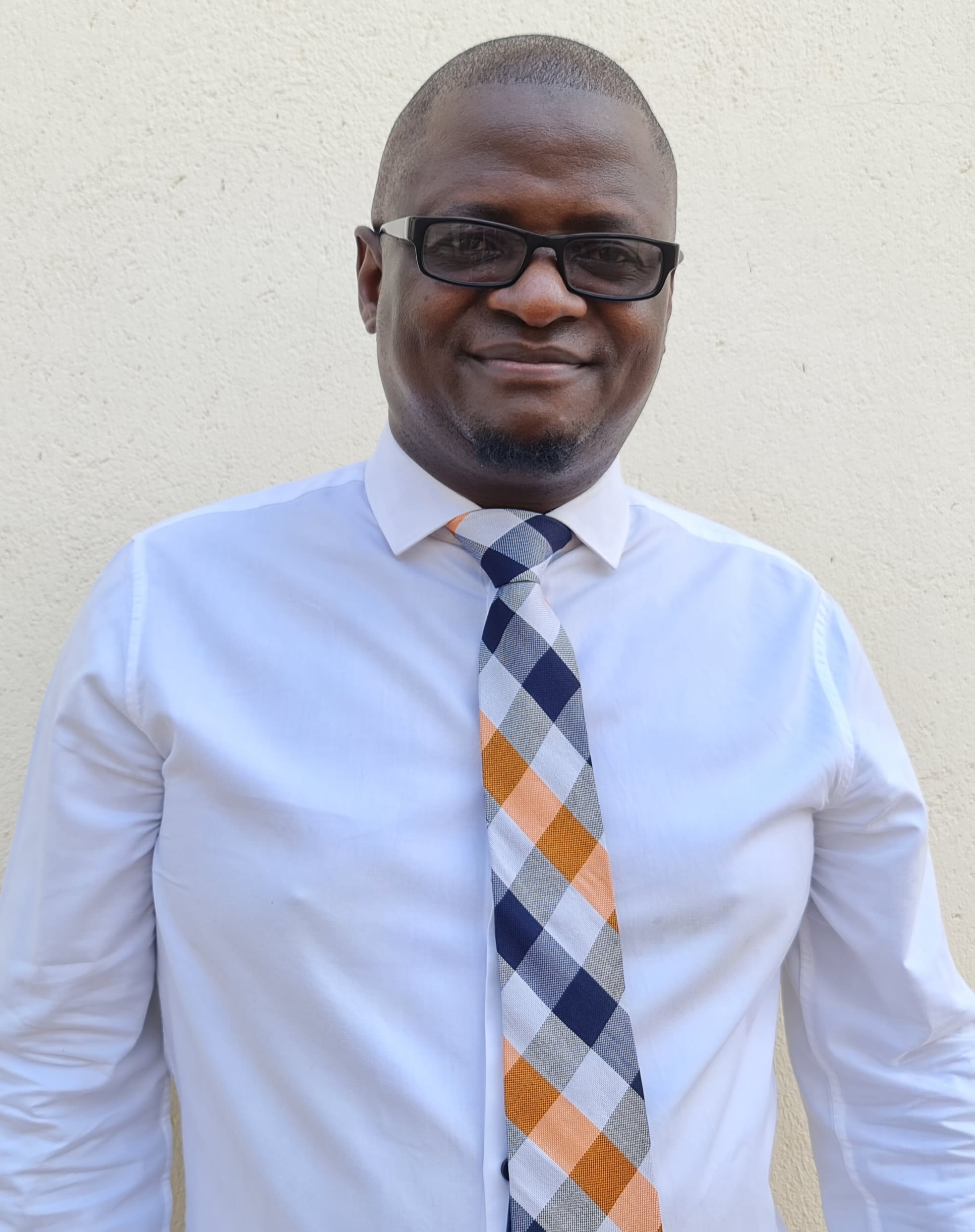
Sara Manisera
Location: Italy
Host Organization: Slow News
Sara Manisera is an award-winning independent journalist, author and director based in Italy. Her works focus on the environment, human rights, agriculture and civil society.
She has produced reports, investigations, interactive documentaries in Italy, Iraq, Lebanon, Syria, Tunisia, Kosovo and Bosnia for several media such as ARTE, Libération, Deutsche Welle, CNN, Al Jazeera, Lifegate, The New Humanitarian, RAI and Slow News.
She combines journalism and public participation, through local events, debates and festivals organized with FADA, a collective of journalists, photographers and authors, which she has co-founded. In recent years, she has extensively worked on worker exploitation in the agricultural sector and the environment, with a focus on wheat.
Through the Bertha Challenge Fellowship, Sara continued her research on wheat, specifically on the pasta supply chain, to understand the impacts of an agro-industrial system, controlled by a few, on the environment and on people's health. She investigated which wheat is used to make the pasta exported under the ‘Made in Italy’ label, where it is produced, who the importers are, where the price speculation mechanism takes place and which industrial groups control the pasta market. From the seed to the pasta, the high concentration of power allows a relatively small group of corporations to shape markets and research in a way that serves the ultimate goal of shareholder profit maximization and not the public good.
Article: ‘Hands in the Dough’ [April 2023]
Article: ‘Hands in the Dough: The Seeds’ [April 2023]
Article: ‘Hands in the Dough: Imports’ [July 2023]
Article: ‘Why does Cargill finance universities in Italy?’ [October 2023]
Article: ‘Hands in the Dough: Mills’ [November 2023]
Article: ‘Hands in the Dough: Pasta’ [December 2023]
Article: ‘Hands in the Dough: Hidden costs to our health and the environment’ [December 2024]
Film: 'Hands in the Dough'
Comic: 'The Guardians of the Seed'
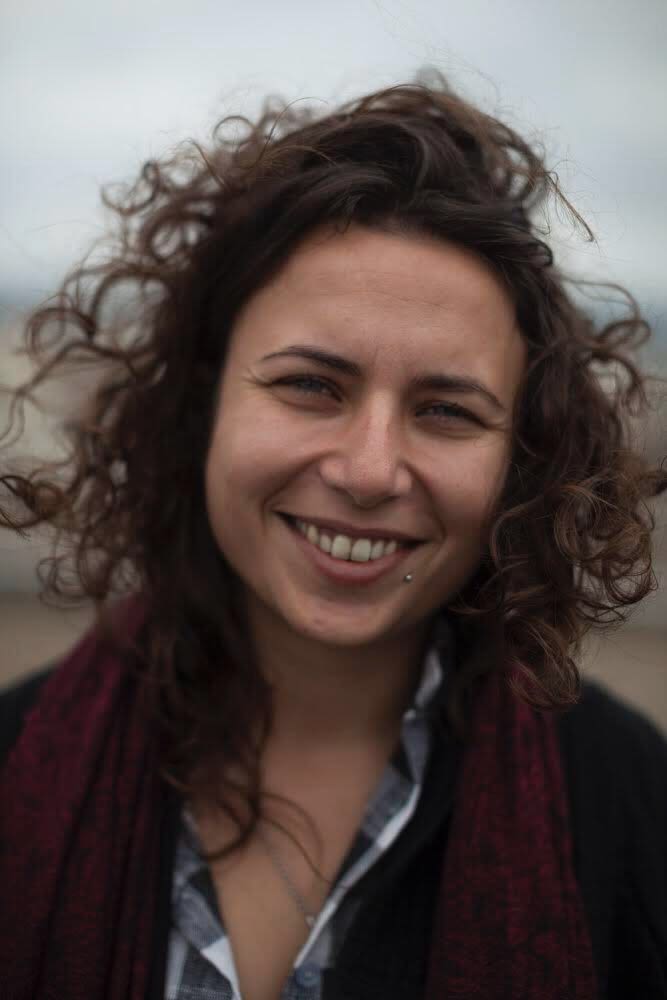
Marius Münstermann
Location: Germany
Host Organization: Greenpeace Magazin
Marius Münstermann is a freelance journalist with a focus on agriculture, extractive industries, supply chains and environmental crime. His investigations have exposed illegal waste exports, questionable agrobusiness investments, illegal logging and fisheries as well as child labour in mining. His texts, photos, videos and multimedia web documentaries are published in print, TV and online.
Marius' Bertha Challenge project focused on the impact that the industrialized farming system has on our soils. Healthy soils are the foundation of our food systems, providing clean water and biodiverse habitats while potentially storing vast amounts of greenhouse gasses. However, two thirds of all European soils are considered degraded. Against the background of the European Union's 2030 Soil Strategy and the bloc's new Soil Monitoring Law, Marius investigated the political frameworks as well as the investment, research and lobbying strategies of major European agribusiness corporations.
Article: ‘Save Our Soils: Losing Ground’
Article: ‘Save Our Soils: Worn Out’
Article: ‘Save Our Soils: Green Revolution 2.0’
Article: ‘Save Our Soils: Regenerated’
Film: ‘SOS - Save Our Soils’
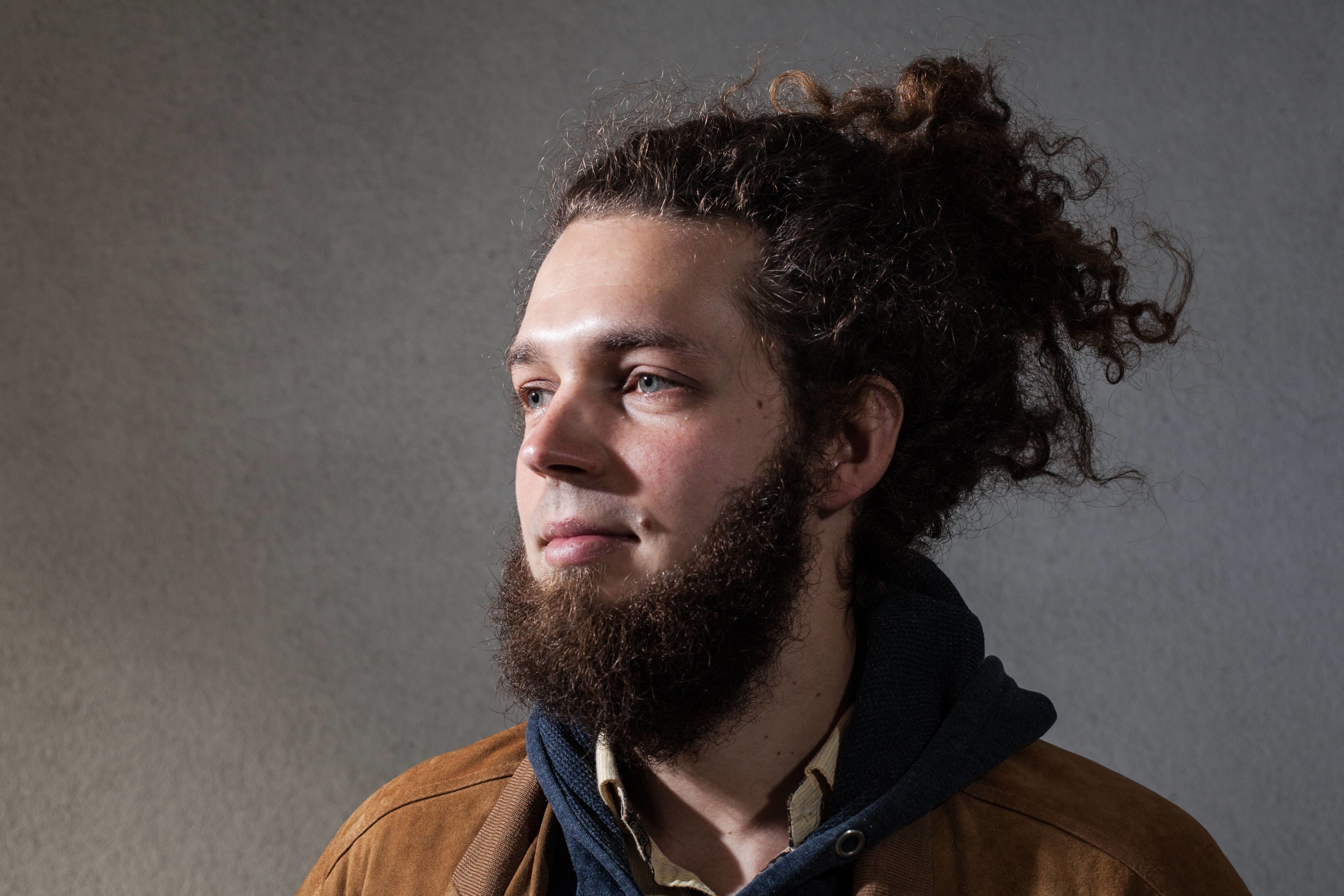
Ian Yee
Location: Malaysia
Host Organization: The Fourth
Ian Yee is a journalist, documentary producer and co-founder of The Fourth, a not-for-profit investigative and impact media social enterprise. He sits on advisory boards for the award-winning Environmental Reporting Collective and the Pulitzer Center's Rainforest Journalism Fund, and was formerly a national consultant for United Nations Children’s Fund in Malaysia, where he led a regional program to develop empathy skills among young student leaders across Southeast Asia, India and China.
Ian has been selected as an Obama Leader, Acumen Fellow, Gen-T honouree, and UK International Leaders Programme Fellow.
Ian worked with activist Fellow, Tharma Pillai, to produce a short film documenting the attempts by a small group of farmers in Perak to resist eviction and the disproportionate backlash that they received from the authorities. He also produced a series of short explainer videos, designed for social media platforms.
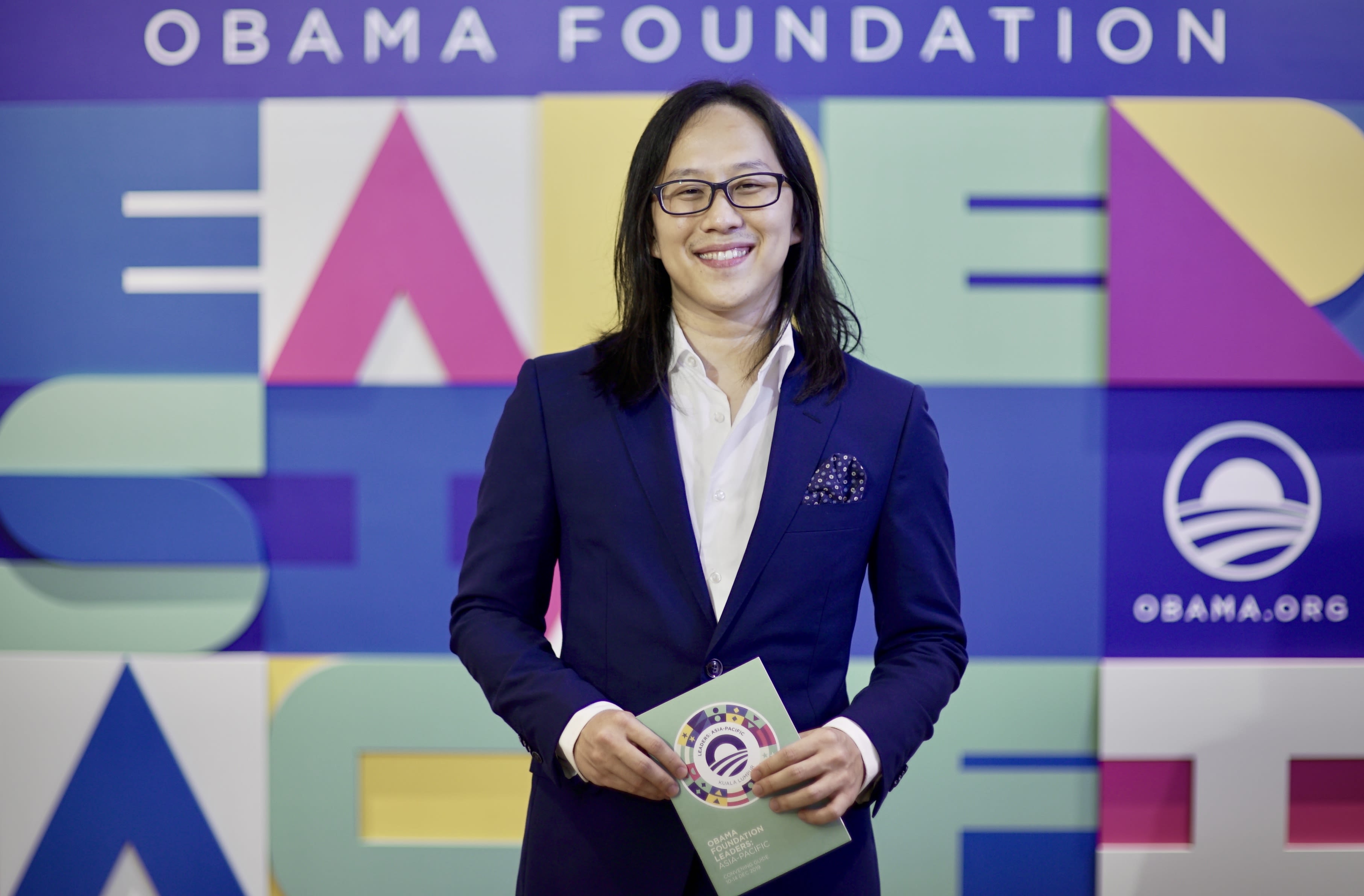


 Built with Shorthand
Built with Shorthand